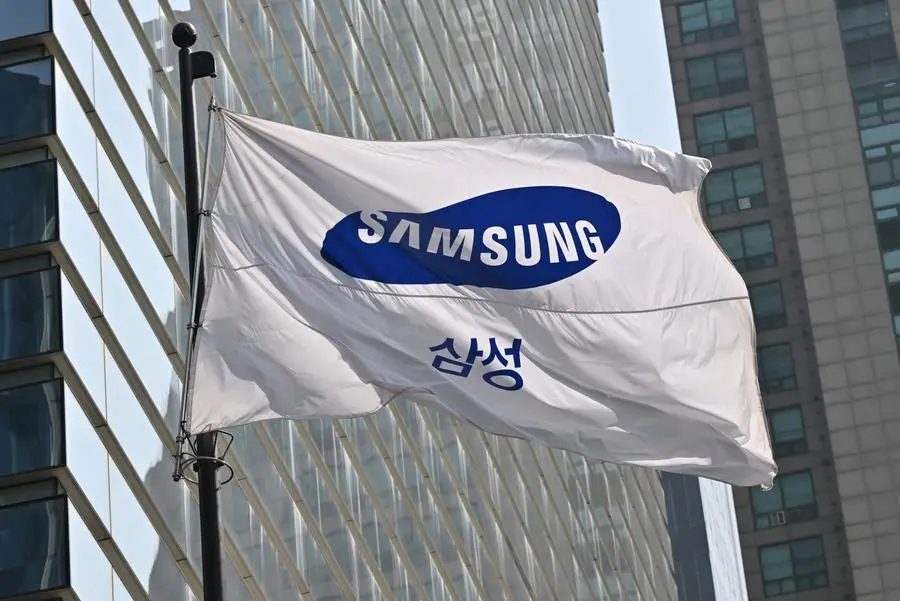Samsung Electronics yesterday reported its worst quarterly profits in 14 years, which it has blamed on slowing consumer spending on electronics and a global microchip glut that dealt a big blow to its core memory business.
Africa Today News, New York reports that the South Korean company which is one of the world’s largest makers of memory chips and smartphones — said in a statement that operating profit fell to 640 billion won ($478.6 million) — down 95 percent from a year earlier.
Its sales decreased 18% to 63.75 trillion won in the first quarter, while its net income declined 86.1 percent to 1.57 trillion won.
According to the business, ‘overall consumer spending slowed amid the uncertain global macroeconomic environment’.
Samsung also attributed the decline in chip prices and the deteriorating demand for memory chips, which typically account for around half of company revenues.
The company’s semiconductor division posted losses of 4.58 trillion won, its first operating loss since 2009, when the global financial crisis of 2008 was only beginning to fade.
It said this was due to “continued price declines and an increased valuation loss… amid weakening sentiment and continued impacts of inventory adjustments by customers caused by prolonged external uncertainties”.
Demand for memory was ‘expected to gradually recover’ in the second half of 2023, it added, ‘amid projections that customer inventory levels will have declined.’
Read Also: 80 Year-Old Biden Formally Declares 2024 Re-Election Bid
The firm is the flagship subsidiary of the giant Samsung Group, by far the largest of the family-controlled conglomerates that dominate business in Asia’s fourth-largest economy.
The first-quarter drop is the third consecutive margin squeeze for Samsung, which saw a 70 percent fall in operating profits in the fourth quarter-on-year.
Africa Today News, New York reports that on Thursday morning. Samsung shares were down 0.3 percent.
Korean chipmakers — led by Samsung — enjoyed record profits in recent years as prices for their products soared, but the global economic slowdown has dealt a blow to memory sales.
Demand swelled during the pandemic as consumers bought new computers and smartphones during lockdowns, prompting chip makers to ramp up production.
But demand quickly diminished as lockdowns lifed and weakened further in the face of soaring inflation and rising interest rates.
Samsung said this month it will scale back memory chip production to a “meaningful” level to address the oversupply, an unusual move by the firm, which previously said it would make only small adjustments.

